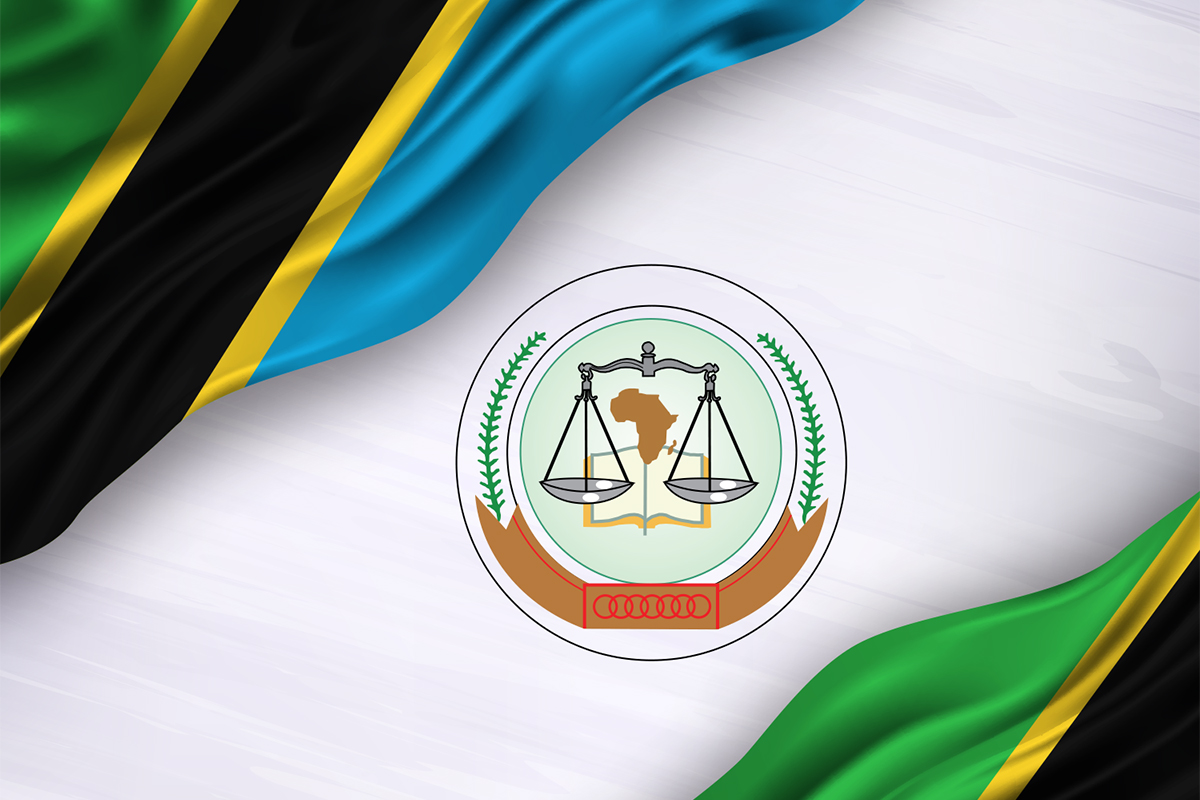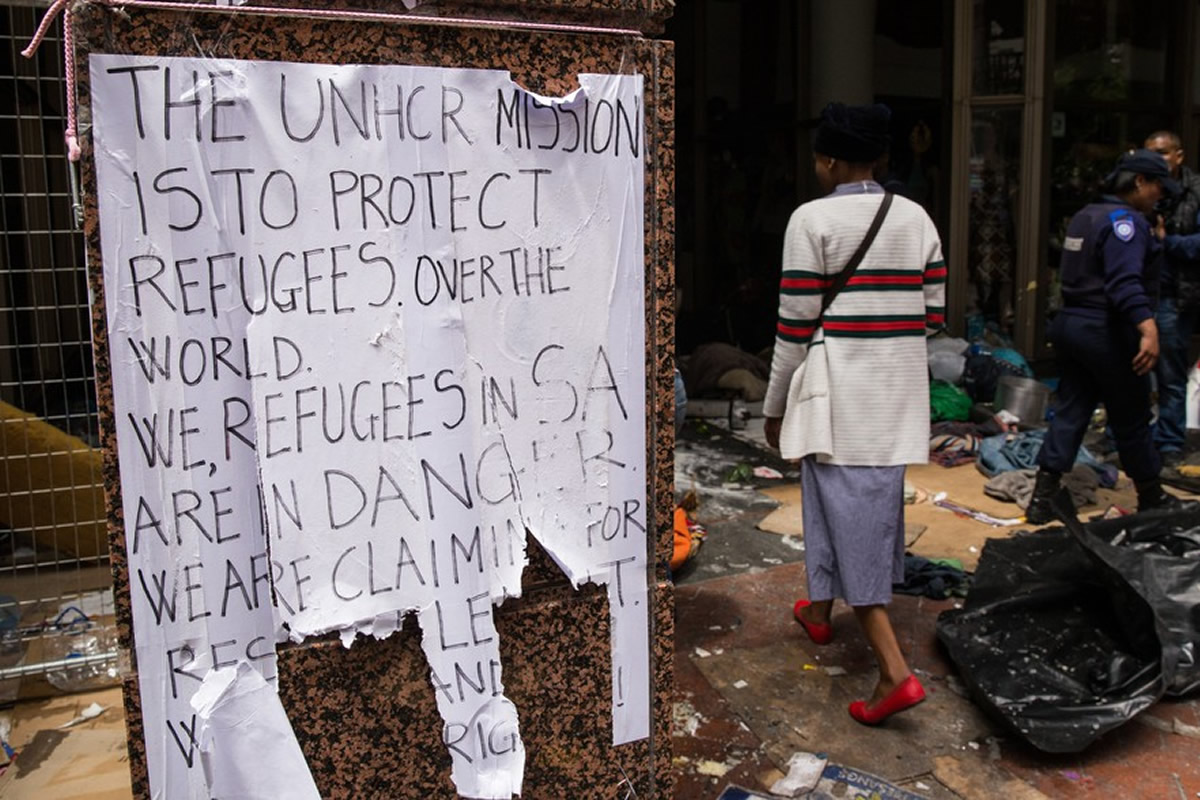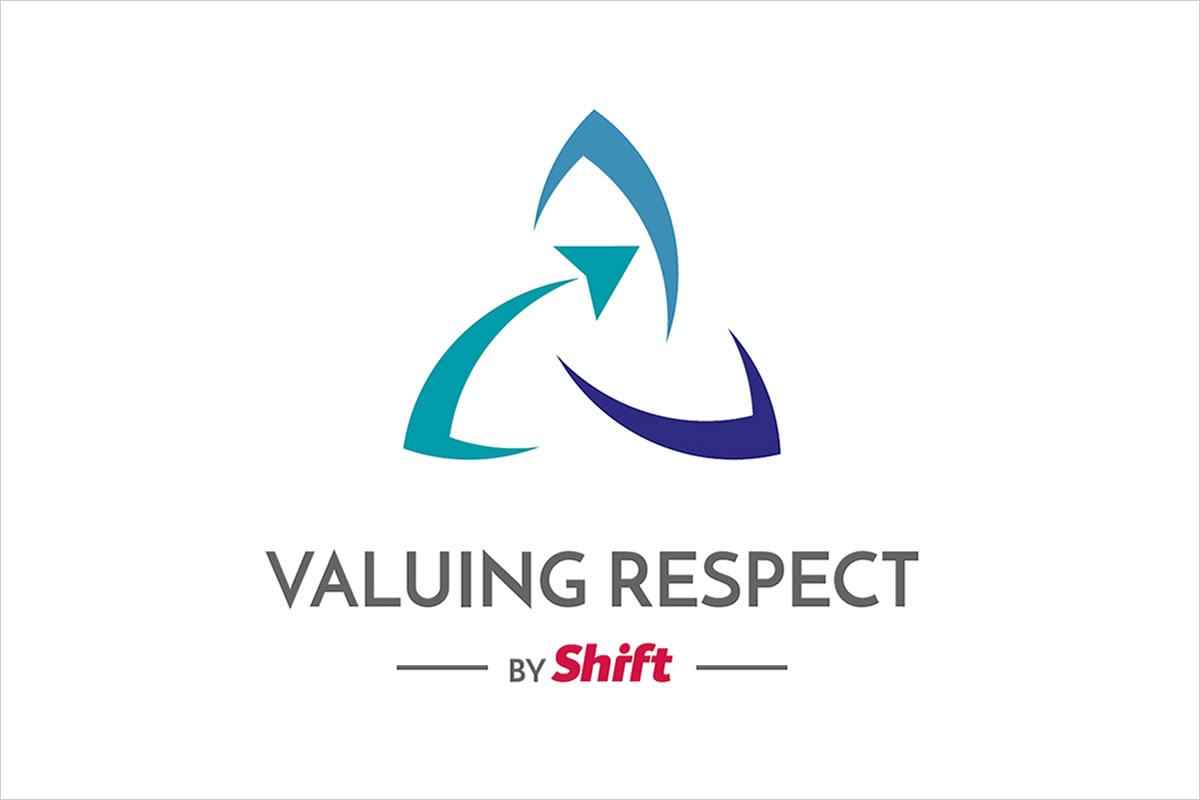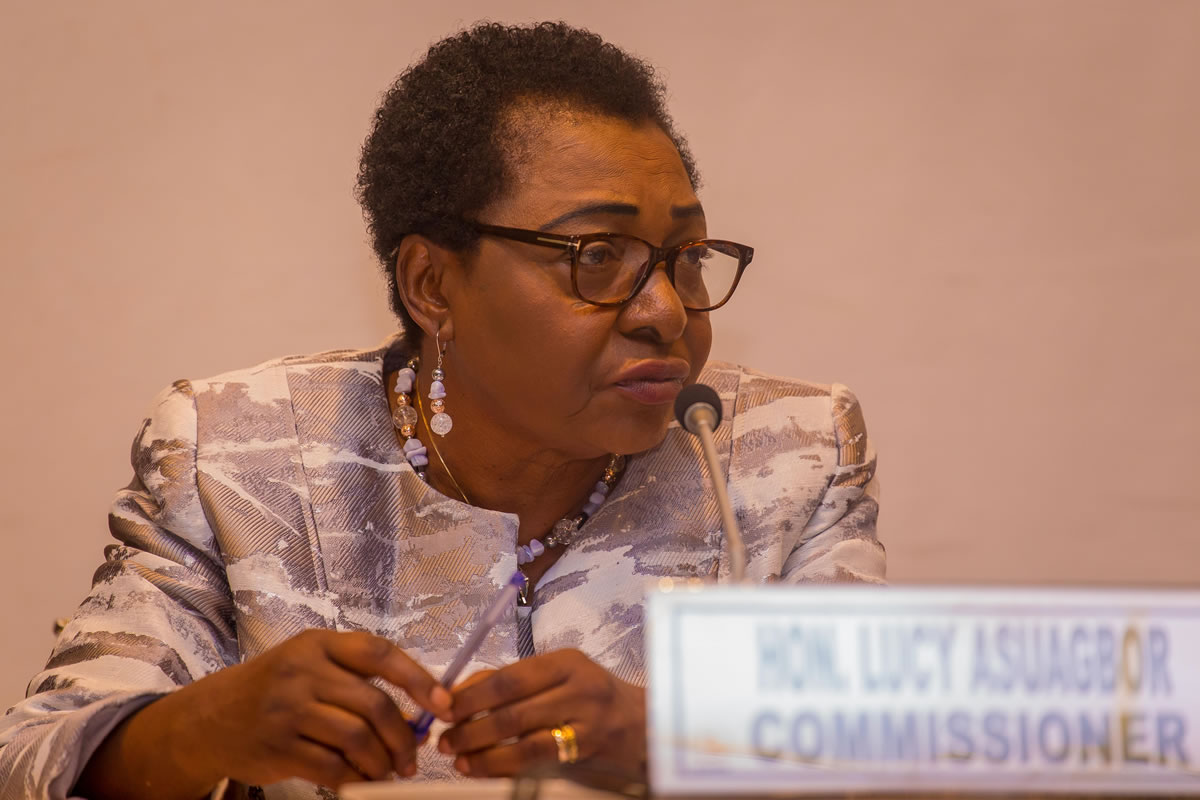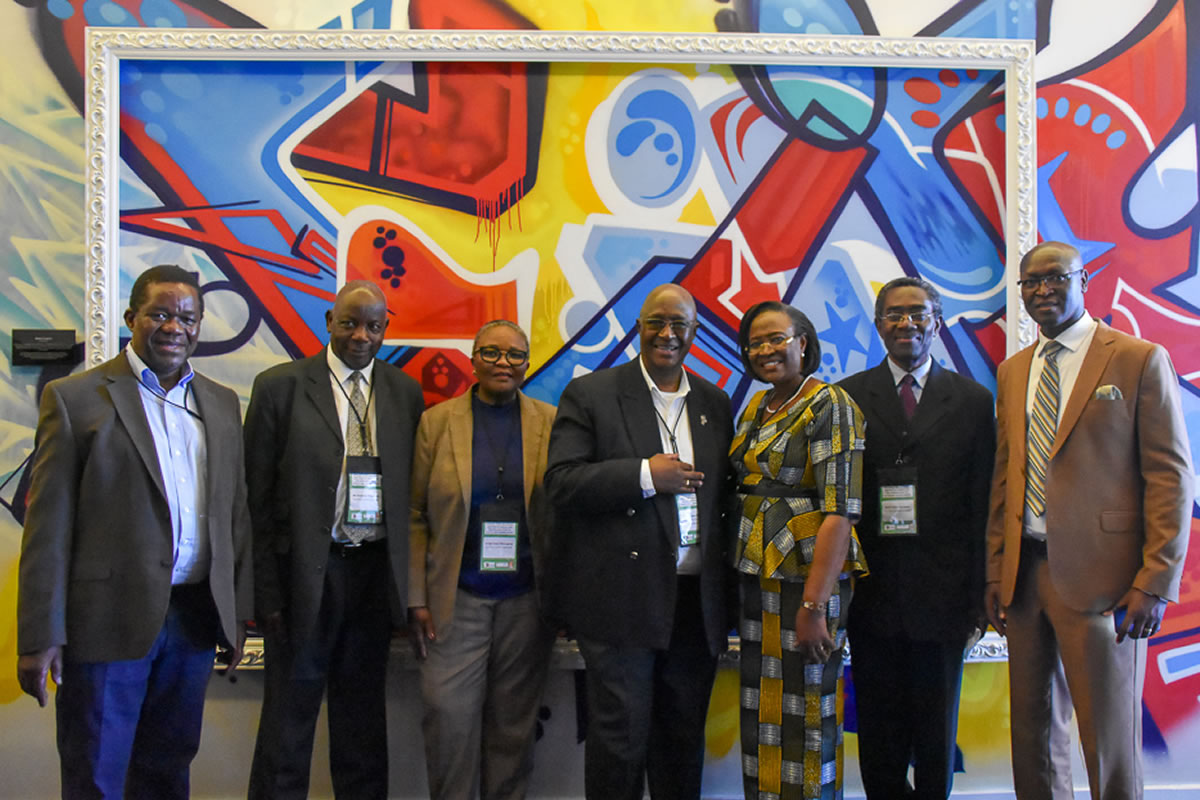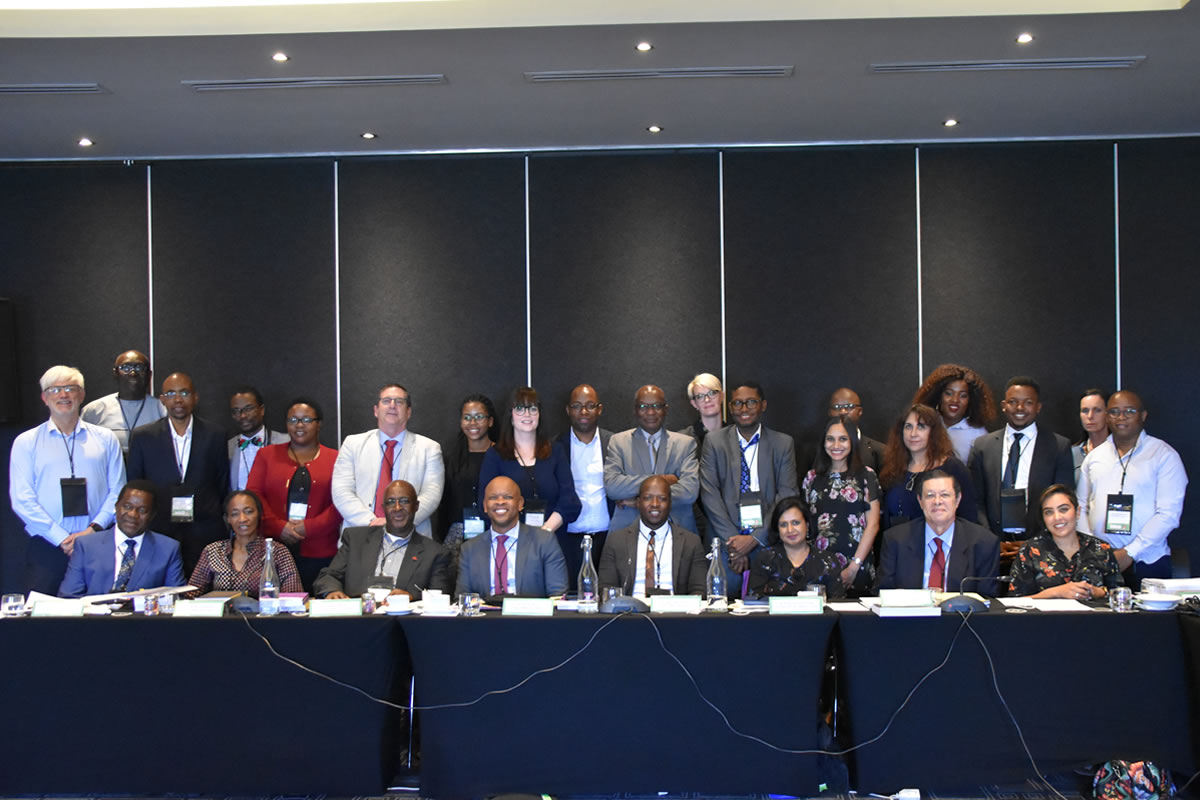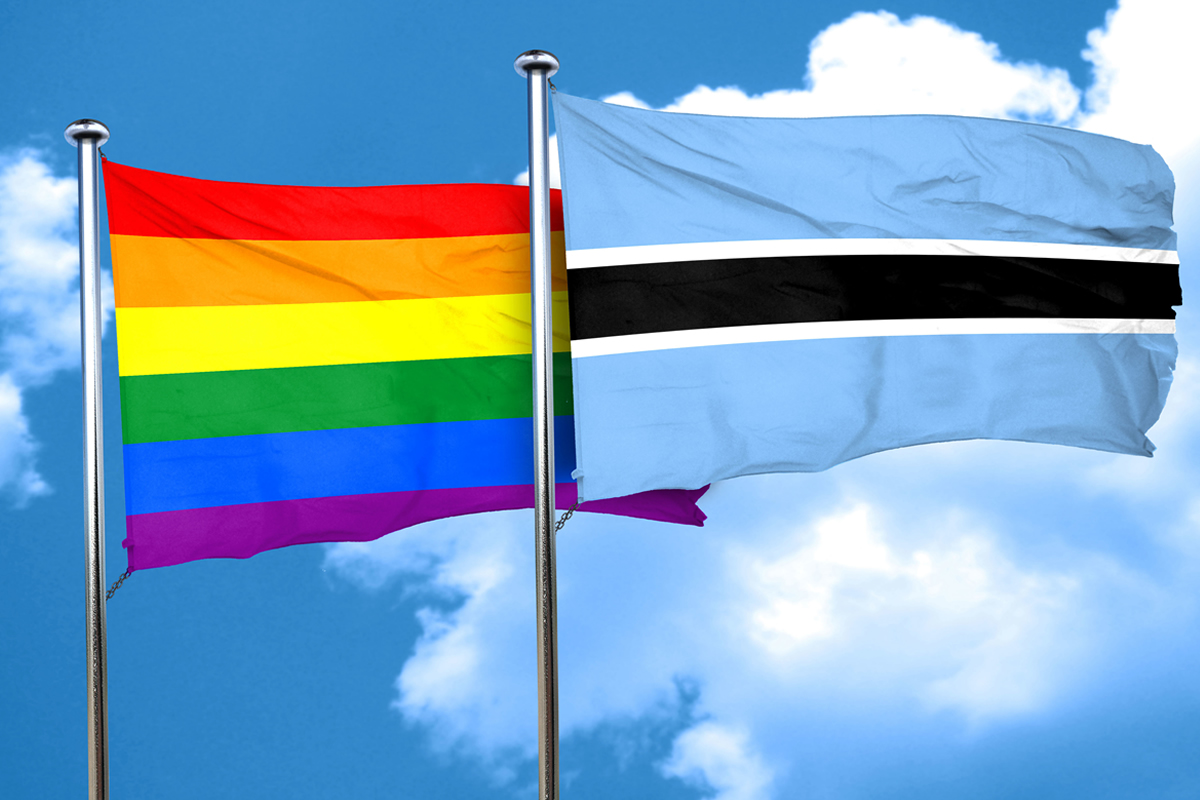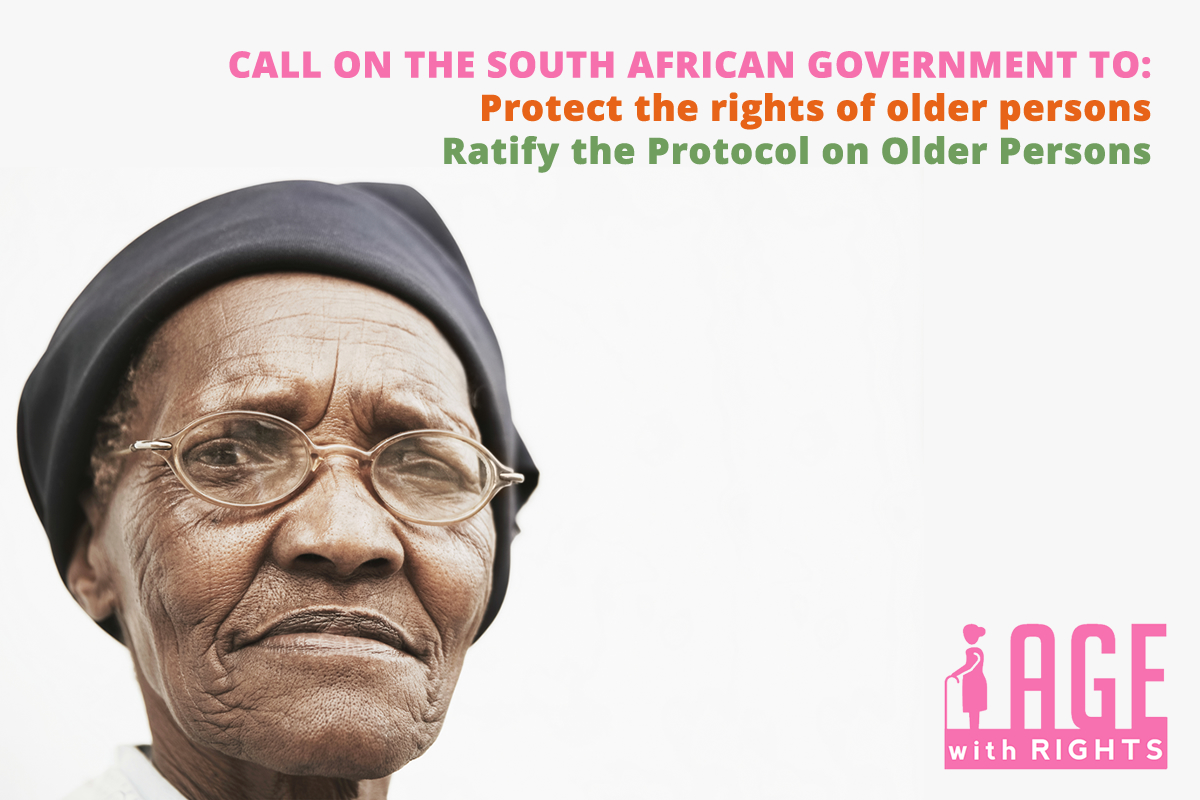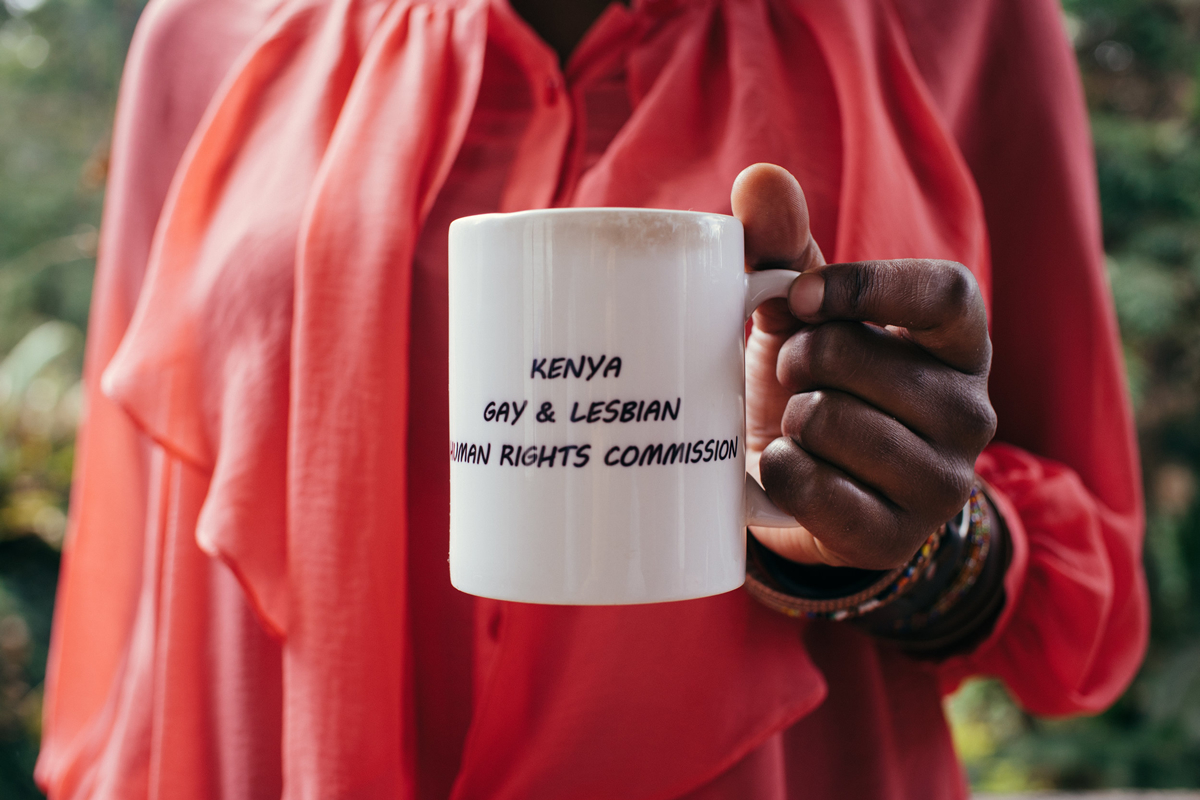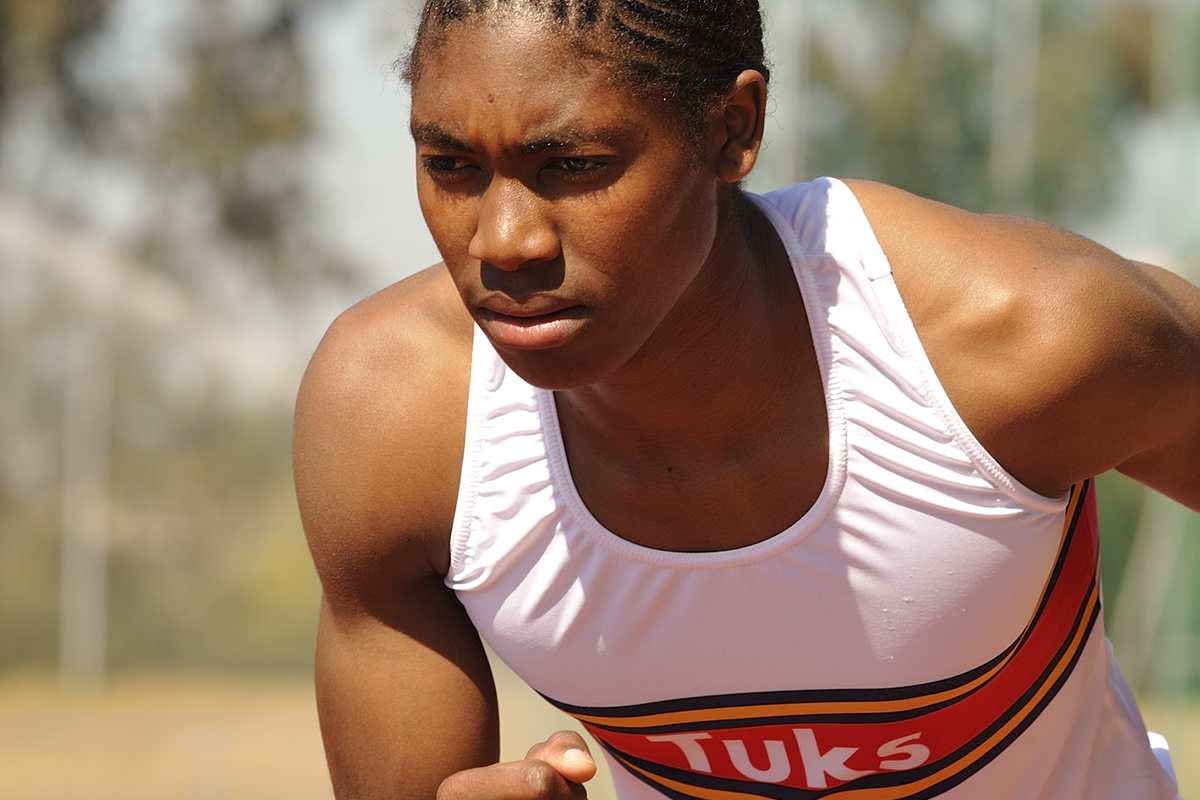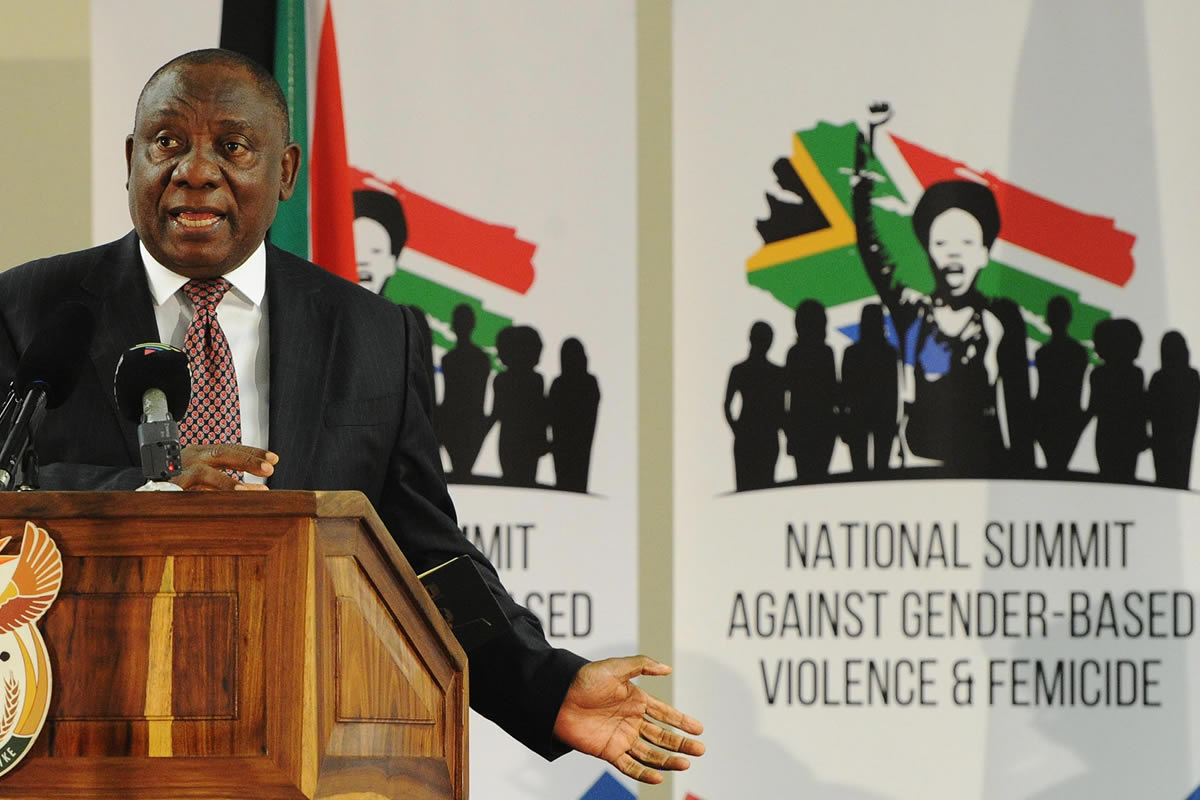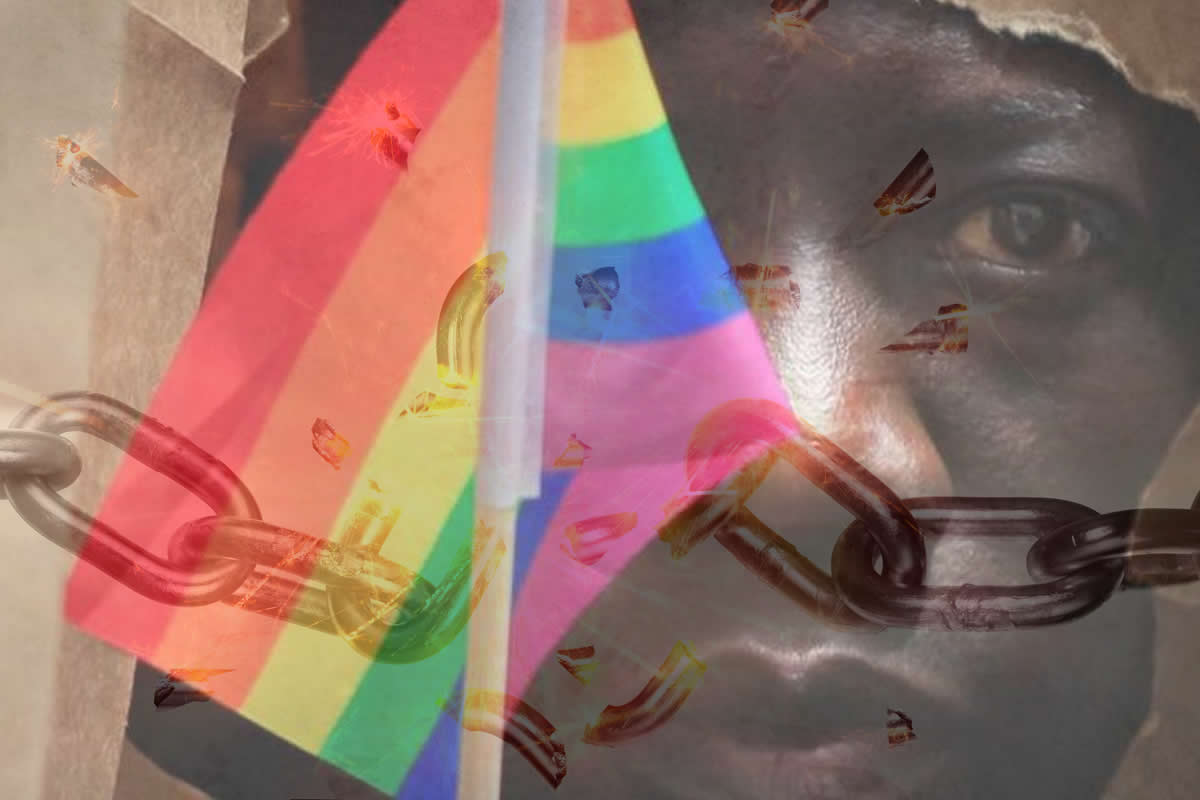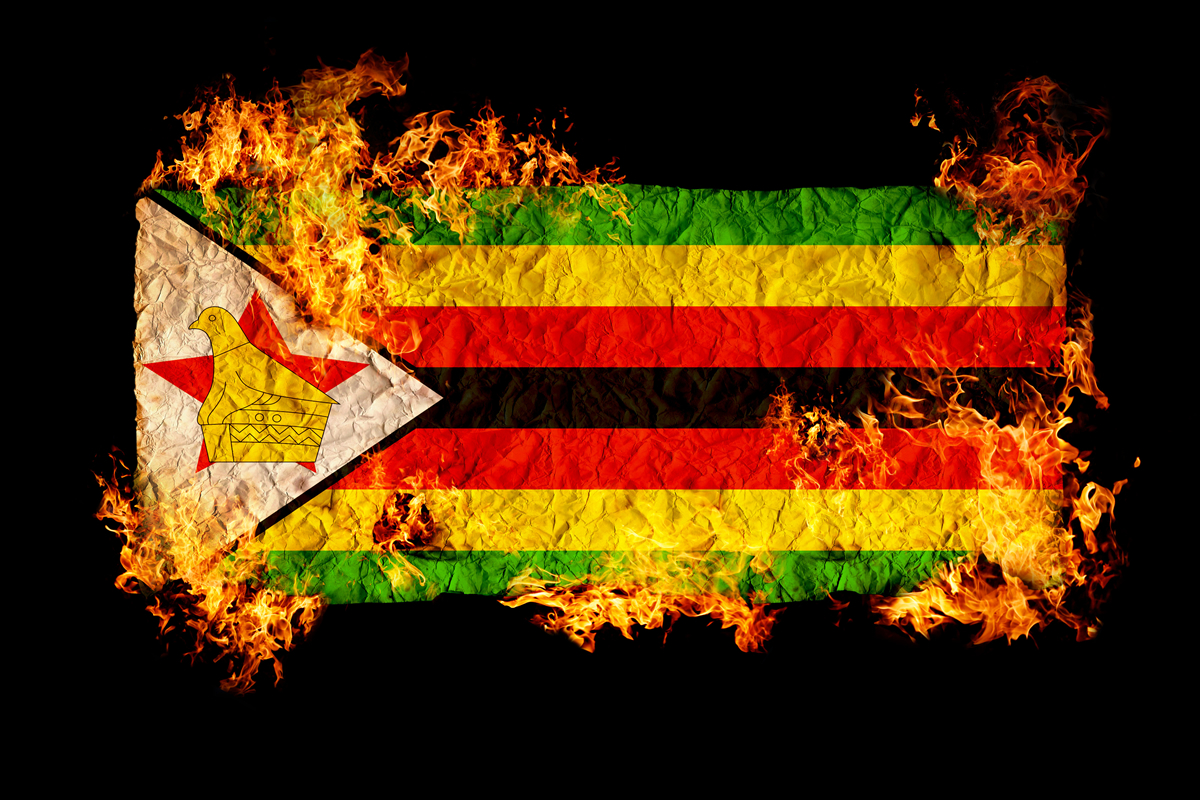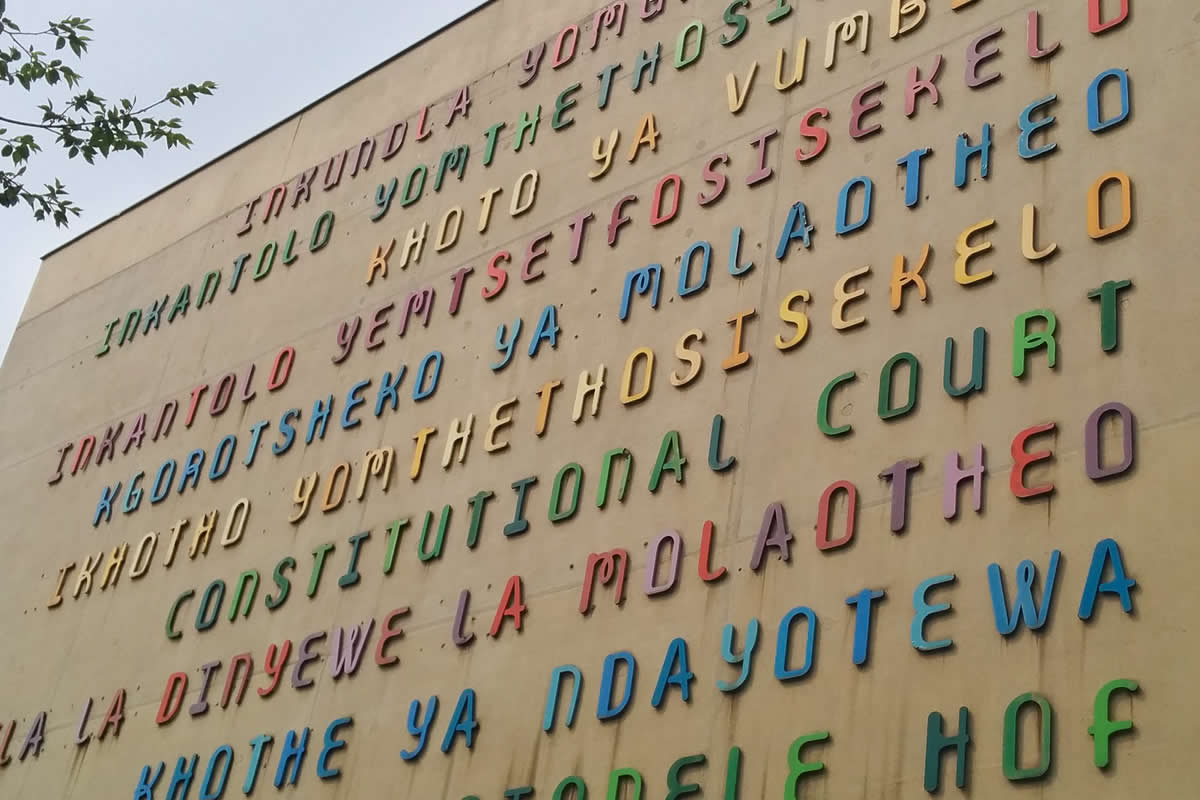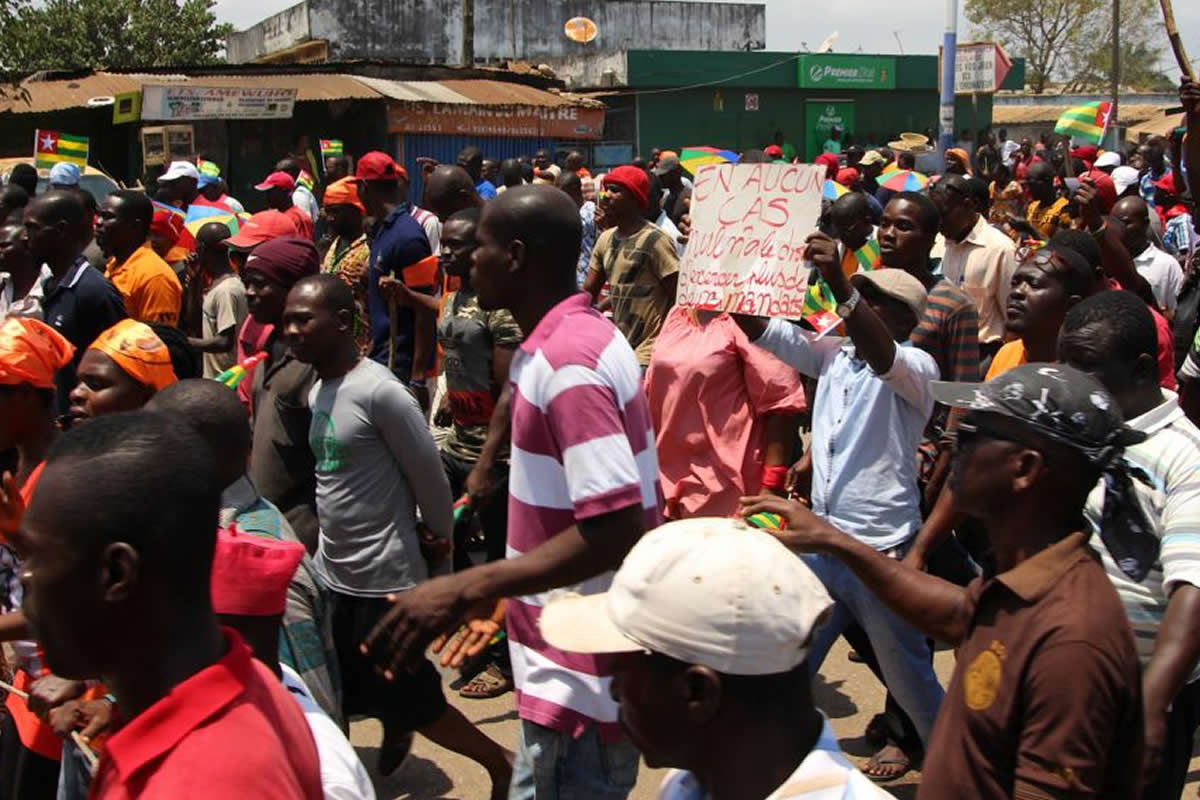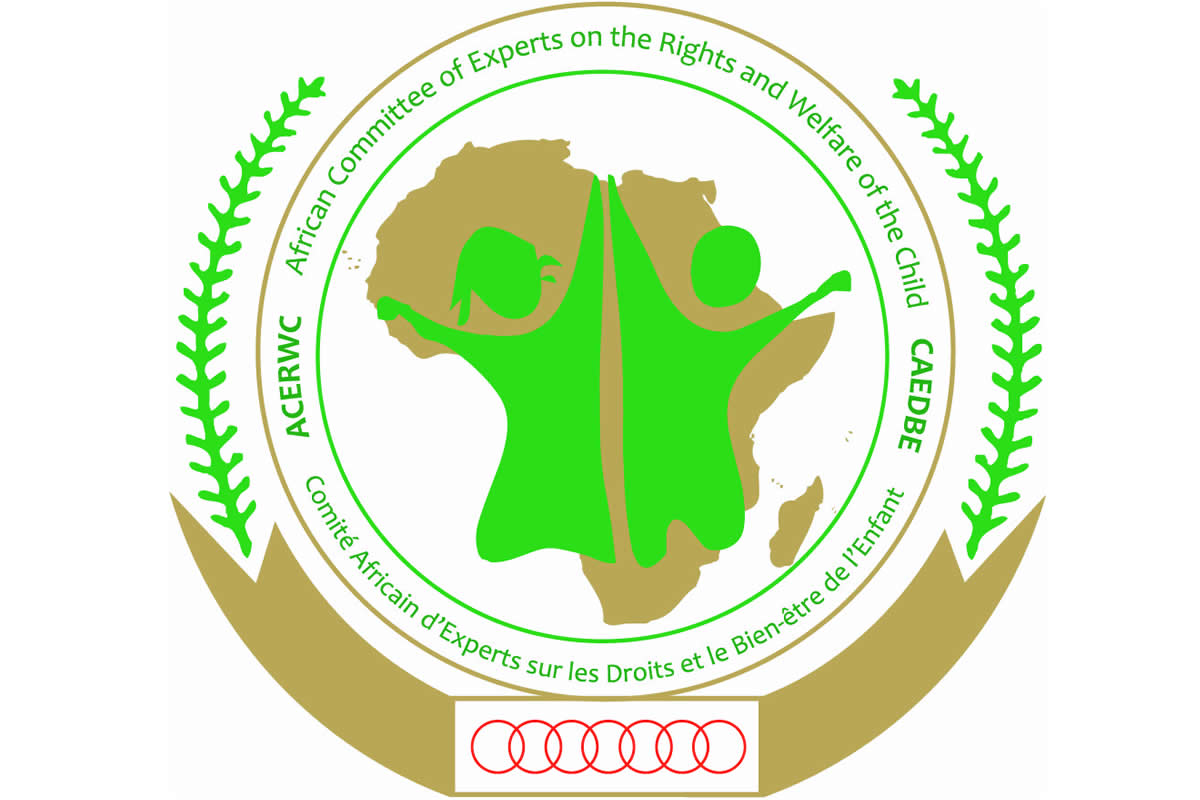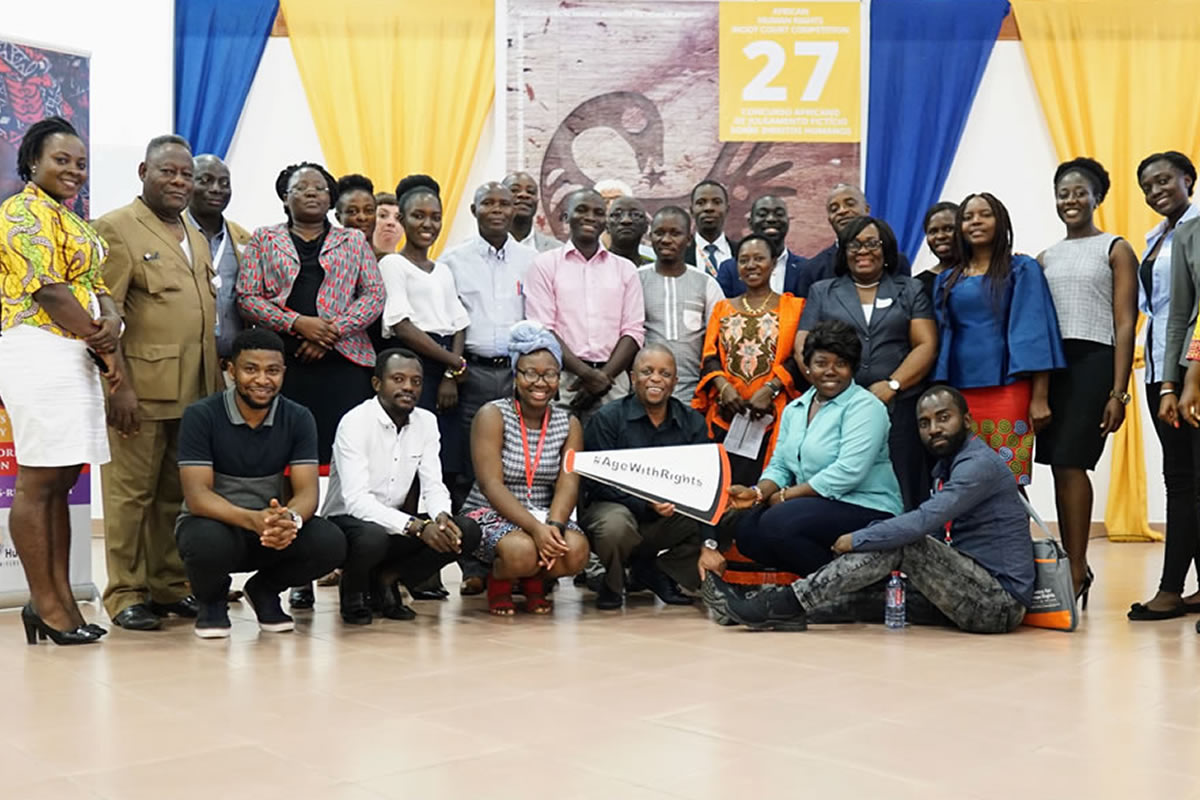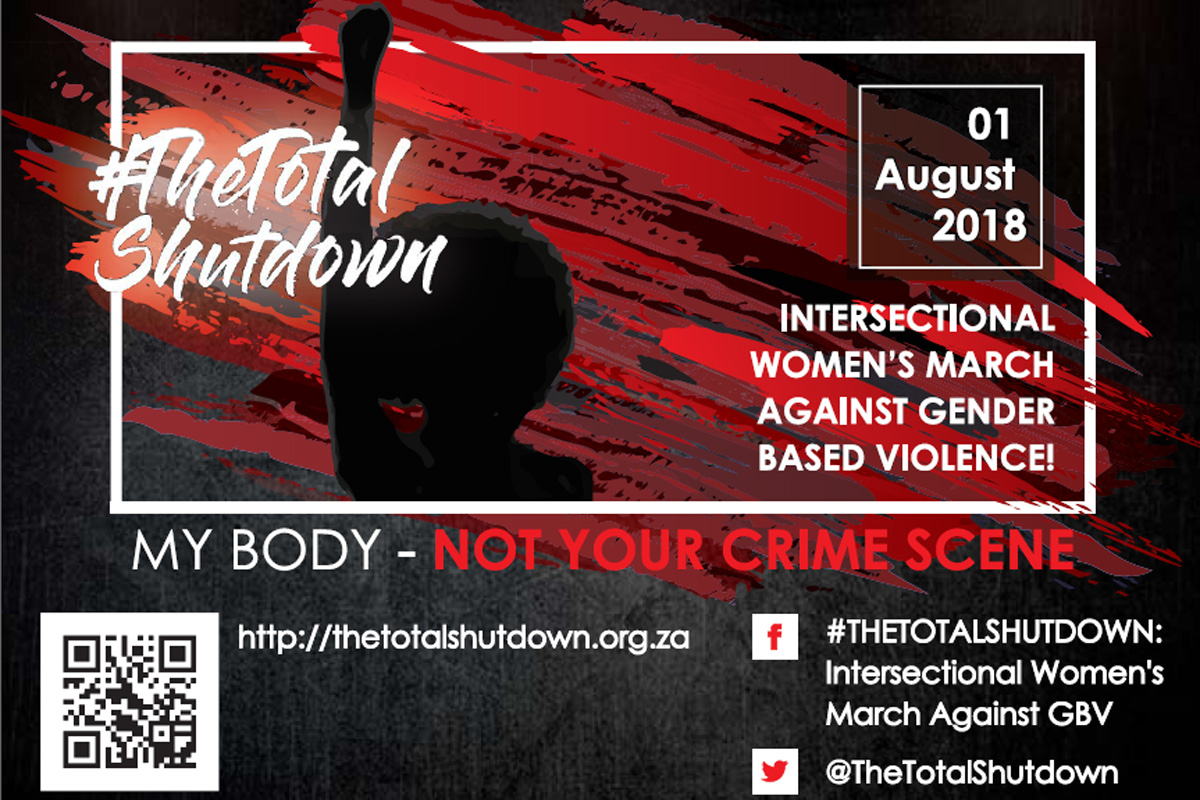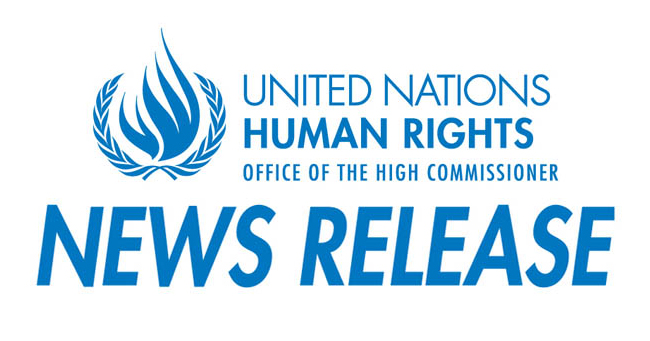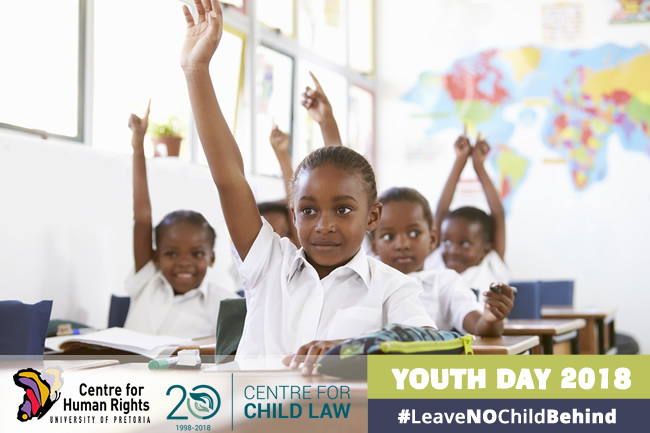- Details
December 5, 2019
The Centre for Human Rights, University of Pretoria, is deeply concerned about the recent decision of the Government of the United Republic of Tanzania to withdraw its declaration made under article 34(6) of the Protocol of the African Charter on the Establishment of an African Court on Human and Peoples’ Rights allowing individuals and NGOs to take cases directly to the African Court.
- Details
The Centre for Human Rights, University of Pretoria, is deeply concerned about the eviction of refugees and asylum seekers who were holding a sit-in at the United Nations High Commissioner for Refugees (UNHCR) office in Cape Town, South Africa. The evictions were carried out by the South African Police Service on 30 October 2019.
The evictions were conducted in a violent manner, violating the dignity of those affected. Furthermore, scenes of children being forcibly separated from their parents are especially concerning, taking into account the standards dealing with the protection of the rights of children that South Africa has committed itself to.
- Details
The Centre for Human Rights, University of Pretoria (UP), in collaboration with Shift, will be hosting a two-day multi-stakeholder meeting of experts concerning the Valuing Respect project - a project aimed at evaluating how companies understand and give effect to their responsibility to respect human rights. The consultation will take place on 30 and 31 October 2019.
- Details
As part of the Africa Beijing+25 review, and in preparation of the commemoration of the Beijing Declaration in 2020, the African Commission on Human and Peoples’ Rights (African Commission), through the Special Rapporteur on the Rights of Women in Africa, hosted a panel during the 65th Ordinary Session of the Commission on 22 October 2019 in Banjul. The panel focused on the rights of women in Africa and was an opportunity to reflect on the strides made on the continent over the years since the adoption of the Beijing Declaration in 1995.
- Details
Former members of the African Commission on Human and Peoples’ Rights (African Commission), meeting in Pretoria, initiated the setting-up of a platform to strengthen the independence of the African Commission.
- Details
A recent round table seminar brought together by the South Africa Human Rights Commission (SAHRC) and the Thabo Mbeki Foundation, with the support of the Centre for Human Rights, University of Pretoria, discussed South Africa’s attitude towards global and regional accountability mechanisms. Discussions focused on international criminal accountability, and on the ease of access to regional justice for human rights violations. Reasons for South Africa’s position were provided and interrogated.
- Details
The High Court of Botswana has, in a landmark ruling and a unanimous decision by the bench declared Section 164 and 165 of the Botswana Penal Code that previously criminalised same-sex sexual acts, as unconstitutional. Botswana joins Angola, Mozambique, Seychelles, and South Africa as members of the Southern African Development Community (SADC) to have decriminalised same-sex sexual acts, a progressive outlook for this region. The Botswana decision comes not so long after Kenyan judges upheld similar provisions in the Kenyan Penal Code criminalising same-sex sexual acts, a sad contrast.
- Details
The Centre for Human Rights (the Centre), University of Pretoria, calls on the South African government to enhance the protection for older persons; and to ratify the Protocol to the African Charter on Human and Peoples’ Rights on the Rights of Older Persons in Africa (Protocol on Older Persons).
- Details
The Centre for Human Rights (the Centre) congratulates the National Gay and Lesbian Human Rights Commission (NGLHRC) of Kenya and its leadership upon winning the Court of Appeal case, in which the Kenya Non Government Organisations Coordination Board appealed the decision of the Kenya High Court to allow NGLHRC to register under the Kenya Non Government Organisations Coordination Act. The Court of Appeal delivered its decision on Friday 22 March 2019.
- Details
The Centre for Human Rights (the Centre), University of Pretoria, fully supports the campaign by the South African Department of Sports and Recreation, against the enforcement of the International Association of Athletics Federations (IAAF) regulations against hyper-androgenic women in sports. This follows an appeal against the regulations made to the Court of Arbitration for Sport (CAS) by Olympic champion Caster Semenya and Athletics South Africa (ASA). The appeal, which is before the CAS, will be concluded on 29 March 2019. The regulations violate the right to bodily autonomy, physical integrity, freedom from non-discrimination and other bioethical considerations.
- Details
Civil society organisations working on gender-based violence (GBV) express concern over the slow pace at which the South African Presidency is addressing issues identified at the National Summit against Gender-Based Violence and Femicide.
- Details
The Centre for Human Rights (the Centre) congratulates the government, parliament and people of Angola, for the brave steps taken, through its judicial reform programme, towards the decriminalisation of ‘habitual unnatural vices’, into which consensual adult same-sex sexual conduct was read. The Centre also expresses its pleasure towards the criminalisation of crimes based on discrimination including prohibiting crimes based on discrimination based on sexual orientation. To further galvanise the reforms, employment and service discrimination based on sexual orientation is also now illegal. These are major achievements towards respecting and promoting the rights of all citizens of Angola including sexual and gender minorities.
- Details
The Centre for Human Rights, University of Pretoria (the Centre) is deeply concerned by the reported ongoing human rights violations in our immediate northern neighbour, taking the form of excessive use of force and restrictions on the free flow of information. We urge the South African government to offer itself as a facilitator to assist in seeking a solution in the interest of Zimbabwe’s people.
- Details
On 11 December 2018, the Constitutional Court of South Africa in the matter between Law Society of South Africa and Others v. The President of the Republic of South Africa and Others, upheld the 1 March 2018 decision of the Northern Gauteng High Court that the President’s decision and signing of the 2014 Protocol which disbanded the Southern African Development Community (SADC) Tribunal was unconstitutional, unlawful and irrational. The Court thereby ordered the President to withdraw his signature from the 2014 Protocol to the SADC Tribunal.
- Details
On 10 December 2018, the world celebrated International Human Rights Day and commemorated the 70th Anniversary of the Universal Declaration of Human Rights (UDHR). Indeed the UDHR and subsequent human rights instruments have had an enduring impact on the lives of many across the world and has arguably contributed to a more equitable world. The adoption of the UDHR coincided with the institution of formalised apartheid in 1948. As the struggle against apartheid intensified over the subsequent period, the world-wide resistance was increasingly framed along the underlying values and provisions of the UDHR.
- Details
The Centre participated in the CSO forum of the ACERWC which took place in Addis Ababa, Ethiopia from 9 to 12 November 2018 under the theme, ‘leave no child behind for Africa’s development: Setting the CSO agenda’. The Centre also participated in the 32nd session of the ACERWC which was held from 12 to 20 November 2018 in Addis Ababa.
- Details
"It’s time for Africa to commit to protect the rights of older persons”
The Centre for Human Rights, University of Pretoria, in partnership with HelpAge Global Network in Africa and Moremi Initiative for Women’s Leadership in Africa, on 9 August 2018 organised a Policy Dialogue with Key Government Institutions including the African Union Social Affairs Department responsible for coordination and ratification of the African Union Protocol to the African Charter on Human and Peoples’ Rights on the Rights of Older Persons (Protocol) on 8 August 2018 and a regional expert meeting for West Africa on the theme “Human rights of older women in West Africa: The need for enhanced protection”.
- Details
![]() Download this statement
Download this statement
![]() Download this media advisory
Download this media advisory
![]() Download this flyer
Download this flyer
Civil society organizations in South Africa comprised of a broad collective of human rights and women’s rights organizations and Trade Unions add their voice to the call for immediate and decisive action towards ending violence against women in South Africa.
We call upon every woman in South Africa to join us on the 1st of August to march peacefully in protest of the violence with impunity targeted at women. We demand that the government of South Africa pay particular attention to the continued and increasing spate of violence against women and girls and take concrete measures to end the violation of women’s right to life, dignity and security of persons.
- Details
GENEVA (26 June 2018) – The UN Special Rapporteur on the situation of human rights in Eritrea expressed concern that patterns of violations identified over the past six years persist, namely arbitrary and incommunicado detention, indefinite military/national service amounting to forced labour and severe restrictions on fundamental freedoms.
In her fifth and final report to the Human Rights Council, Sheila Keetharuth expressed concern that the human rights violations she identified in her first and subsequent reports, as well as in those of the Commission of Inquiry in Eritrea remained unchanged.
- Details
On 16 June 2018, Africa commemorates the Day of the African Child 2018 under the theme “Leave No Child Behind for Africa’s Development”. This year’s theme aims to target children who are not benefitting from Africa’s growth and development. African countries are challenged to ensure that children are at the centre and not left behind in the drive towards sustainable economic development. This day is commemorated in memory of the Soweto student uprising, that began on June 16 1976, when students marched in protest against the poor quality of education they received and demanded to be taught in their own languages.

